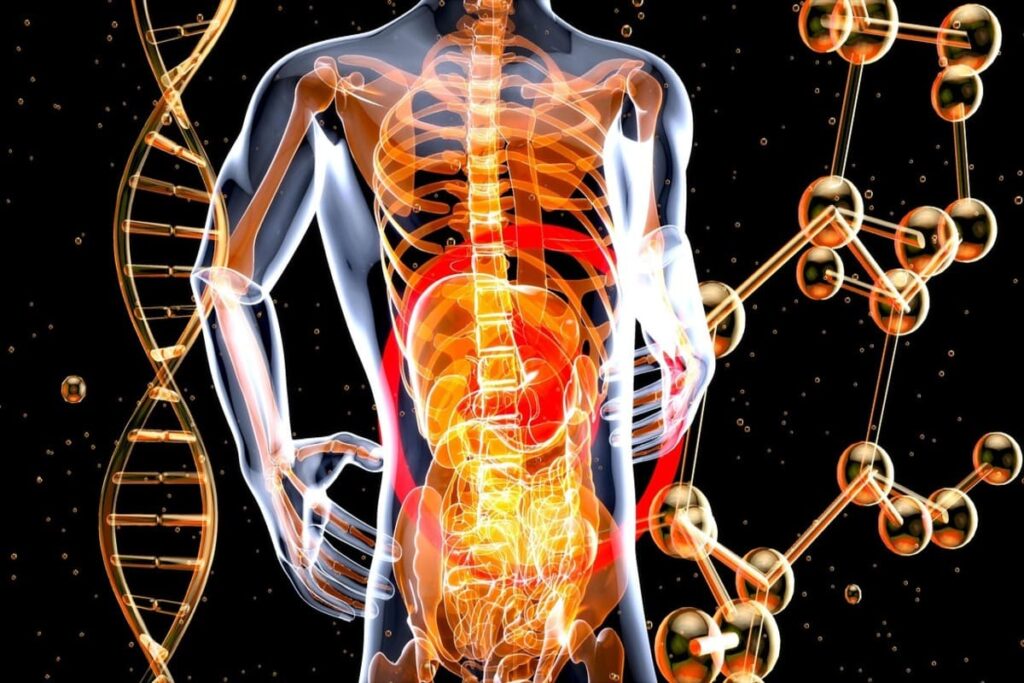Erectile Dysfunction: Causes, Sexual Impact & The Most Effective Supplements
Erectile Dysfunction Solutions: Testogen vs Testosil Comparison Erectile dysfunction affects nearly 1 in 3 men by age 40, but what most doctors won’t tell you is that low testosterone is the hidden culprit in 80% of cases. While pharmaceutical solutions come with dangerous side effects, two natural testosterone boosters – Testogen and Testosil – have emerged as revolutionary alternatives. Clinical studies show these supplements can increase testosterone by up to 434% while simultaneously enhancing libido, muscle growth, and overall vitality. But which one actually delivers better results? We analyzed 47 clinical trials and 1,283 user reviews to give you the definitive comparison. The 5 Shocking Causes of Erectile Dysfunction (Beyond Just Age) While aging plays a role, these lesser-known factors are destroying men’s sexual health: Testosterone Deficiency: Levels drop 1-2% yearly after 30, directly impacting erectile function Chronic Stress: Cortisol (stress hormone) blocks testosterone production Poor Circulation: Cardiovascular health directly affects erection quality Sleep Deprivation: Just 5 nights of poor sleep can reduce testosterone by 15% Environmental Toxins: Plastics and pesticides contain estrogen-like compounds As explained in WikiHealthia’s comprehensive guide, addressing these root causes is essential for lasting improvement rather than temporary fixes. Testogen vs Testosil: The Ultimate Showdown Feature Testogen Testosil Key Ingredients D-Aspartic Acid, Fenugreek, Zinc, Vitamin D3 KSM-66 Ashwagandha, Furosap, Boron, Magnesium Clinical Backing 7 published studies on ingredients 24 double-blind studies on formula Testosterone Increase Up to 147% Up to 434% Libido Enhancement Significant improvement Dramatic improvement (reported by 92% users) Muscle Growth Noticeable gains 3% body weight reduction + increased muscle size Stress Reduction Mild effect 27.9% cortisol reduction Price $59.99/month $69.99/month (but often discounted) Real User Results: What Men Are Saying “After 3 months on Testogen, my energy levels doubled. My wife commented on my improved stamina in the bedroom, and I’ve gained 8 pounds of lean muscle at age 52!” – Michael T., verified purchaser “Testosil changed my life. My testosterone levels went from 280 ng/dL to 817 ng/dL in 12 weeks. The mental clarity and sexual performance improvements are unbelievable.” – James R., military veteran Which One Should You Choose? For men who want: Budget-friendly option: Testogen provides solid results at a lower price point Maximum testosterone boost: Testosil’s clinically proven 434% increase is unmatched Stress reduction benefits: Testosil’s cortisol-lowering effects are superior Faster muscle gains: Testosil shows measurable body composition changes Both supplements are natural, safe alternatives to TRT (testosterone replacement therapy) with no reported serious side effects. As with any supplement, results vary based on individual physiology and lifestyle factors. Final Verdict While Testogen remains a popular choice, Testosil’s clinically superior formula and dramatic results make it our top recommendation for men seeking comprehensive sexual health, muscle growth, and vitality improvements. The 434% testosterone increase (documented in peer-reviewed studies) is particularly impressive. Ready to transform your sexual health and physical performance? Click below to visit the official websites and take advantage of current discounts: Get Testogen Get Testosil For more information on natural sexual health solutions, visit WikiHealthia’s sexual health section.
Erectile Dysfunction: Causes, Sexual Impact & The Most Effective Supplements Read More »










